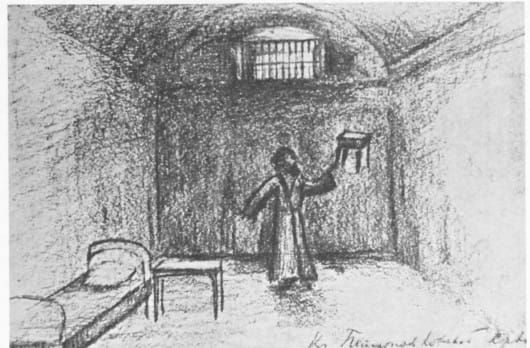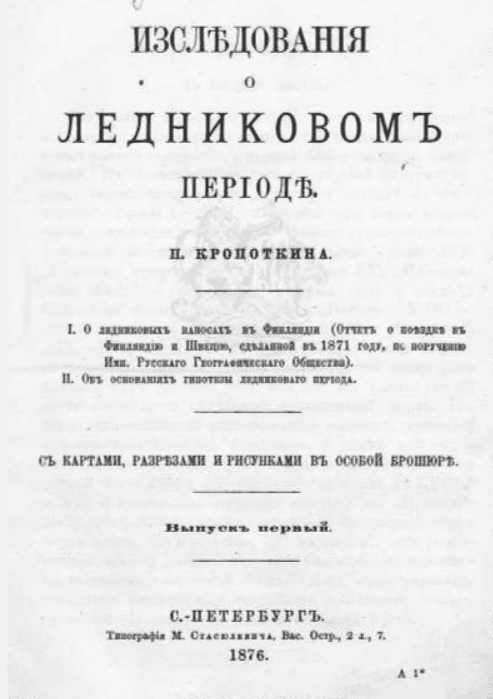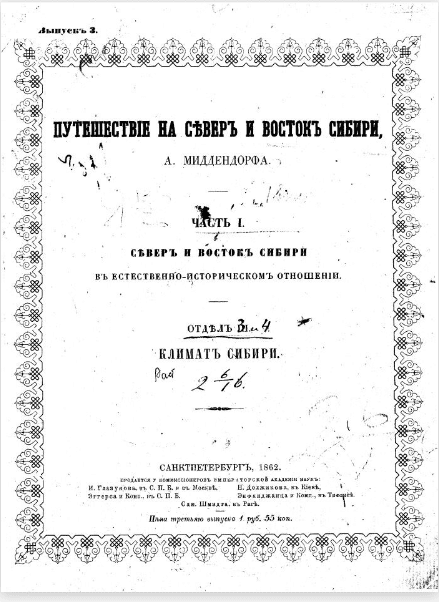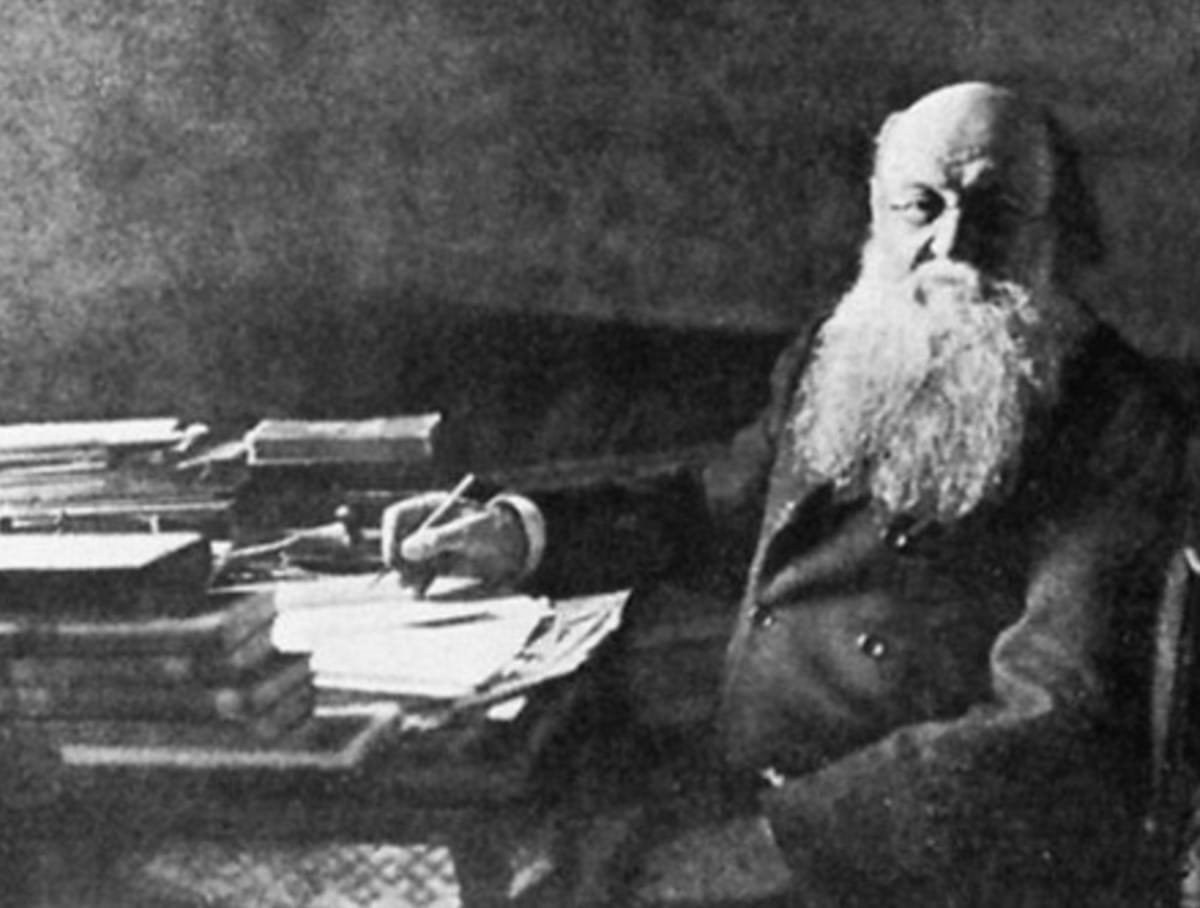In many articles there is a statement that the author of the phrase “permafrost” is the revolutionary anarchist Pyotr Kropotkin. We decided to check if this is actually true.
An indication of Kropotkin's authorship can be found in most short biographies of the anarchist theorist. This is stated in the Russian version of Wikipedia - as in the article about Kropotkin, and in the article about permafrost, however, in both cases without indicating the source. There is a mention of this in the biography of Kropotkin on the website Polit.ru, and in LiveJournal, and in the publication of the publication “Arguments and facts", and on the website "Bitter" However, the wording happens often more accurate: not “invented”, but “introduced into scientific use.”
In 1874, Pyotr Alekseevich Kropotkin, then secretary of the physical geography department of the Russian Geographical Society, presented a report on his 1871 trip to Sweden and Finland. The result of his expedition was a sensational work "Ice Age Research", in which Kropotkin harshly criticized the theories of his predecessors and presented convincing evidence of the existence of the Ice Age. His work was published only in 1876 for reasons unrelated to physical geography. A few days after the speech, Kropotkin was arrested for political activities, namely, for belonging to the populist Tchaikovsky circle. Like later remembered Kropotkin, already during the report he was ready for arrest: “I was offered to take the place of chairman of the physical geography department, while I myself asked myself the question: “Won’t I spend this very night in the Third Department?”

The preface to the 1876 collection states that “the author does not have the opportunity to finally prepare the last chapters of his work for publication.” Kropotkin spent these two years in prison, and in 1876 he fled abroad, from where he returned to Russia only after the 1917 revolution.

His “Research on the Ice Age” became one of the first scientific works in this field and finally strengthened the theory of glaciations. Kropotkin uses the terms “permafrost soils” and “permafrost”. Considering the effect produced by his work, one can understand why the authorship of the phrase remained in Russian literature with Kropotkin.
But the phrase itself, as well as detailed studies of permafrost, appeared earlier. In 1843–1844, the Russian scientist and traveler Alexander Middendorf made a scientific expedition to Siberia. The result of this trip was the work “Journey to the North and East of Siberia,” in which Middendorf examined in detail, among other things, the climatic features of the region and the structure of the soil. The book was first published on German (1851) and then in Russian (1862).

In this work, Middendorf studies permafrost in detail and describes it as “eternally frozen Siberian soil", specifying that the experiments show in some places the permafrost is hundreds of meters deep. Throughout the study, the phrase “permanently frozen soil” appears many times. Middendorff's practical work is also mentioned as an important source by Kropotkin. And in modern science it counts the first work on permafrost.
The very phrase “permafrost” also appears in the specialized literature before Kropotkin presented his research. It can be found in dissertations for a professorship at the Mining Institute, the author is mining engineer Julius Eichwald. In this scientific work entitled “On the development of gold placers, especially the Nerchinsk mountain district,” published in St. Petersburg in 1868, there is next phrase: “From the permafrost of the soil, layers of sediment form a dense mass that is extracted in winter with difficulty and a lot of waste of tools.”
Thus, Prince Kropotkin was not the first to introduce the phrase “permafrost” into scientific use; it existed before him. The works of Middendorf, who wrote about “perpetually frozen soil,” were well known to his contemporaries; after publishing his work on the climate of Siberia, he became an academician of the St. Petersburg Academy of Sciences, and then its permanent secretary. Therefore, Kropotkin, despite his undoubted scientific merits, cannot be considered the author of this term.
Cover photo: P. A. Kropotkin at work, 1891. Kropotkin Museum
Not true
If you find a spelling or grammatical error, please let us know by highlighting the error text and clicking Ctrl+Enter.






